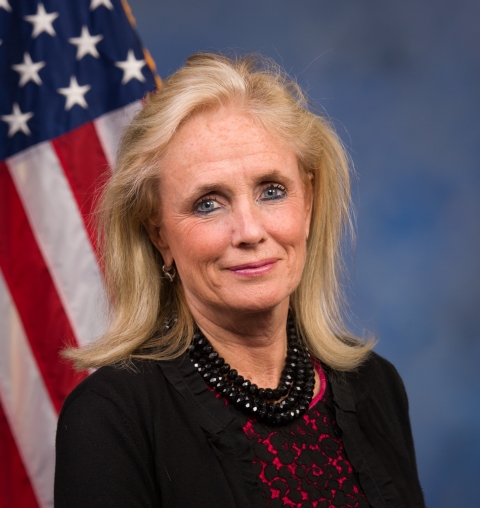On the campaign trail, Donald Trump often told adoring crowds that the “system is rigged” and “I alone can fix it.”
He stumped as a different kind of Republican, with a blend of nativism and populism that helped him crack the Upper Midwest code and win the presidency. Afterward, Stephen Moore, a once-staunch economic conservative who founded the Club for Growth, shocked many by declaring that the GOP is a “populist worker-class party now.”
U.S. Rep. Debbie Dingell (D-Dearborn), who warned early on that Trump could win Michigan, told Inside Michigan Politics that he tapped into working-class fears about free trade and spiraling retirement costs. She spends countless hours at town halls and community events in her district — which spans Dearborn, Ann Arbor and Downriver — and says the anger and anxiety is still there.
“The American people are worried about their lives. They’re worried about their jobs. They’re worried about the safety of their neighborhoods, about whether they can go to the doctor,” she said in an interview last month.
Since becoming president, Trump has gone all-in on the nativist part of the equation. He’s tried to institute his “Muslim ban,” proposed severe limits for legal immigration, threatened to shut down the government this month if he doesn’t get money for his wall with Mexico, and has been widely criticized for failing to condemn white supremacist violence.
But Trump has offered precious little economic populism — which is what many pundits would at least like to believe is how he won Rust Belt states like Michigan, Wisconsin and Pennsylvania.
Instead of kicking off his agenda with a big infrastructure package — which probably would have attracted Democratic support — Trump went all-in on repealing Obamacare. And House Speaker Paul Ryan (R-Wis.) and Senate Majority Leader Mitch McConnell (R-Ky.) cut Dems out of the process, seeking a complete GOP victory.
As of now, health care repeal is dead and the president remains livid, periodically tweeting slams of McConnell.
Trump is now trying to pivot to his tax plan, which he announced at Missouri campaign-style rally this week (interesting timing, as Hurricane Harvey continues to batter Texas).
His rhetoric may still be populist, but his plan — at least what we know about — looks awfully similar to what Republicans have been proposing for the last 30 years. Trump wants to cut the corporate tax rate and the rate for the top income bracket.
And many working-class families would see a tax increase, as Trump wants to end the head-of-household deduction for single parents. That sounds a lot more like religious right-inspired social engineering than blue-collar economic populism.
Trump’s abandonment of populism and dismal approval ratings could create an opening in 2018 for Democrats, if fissures between the far-left Bernie Sanders faction and mainstream Dems don’t doom the party, as they did in 2016.
As for Dingell, she believes Democrats also have to “take control of the trade issue,” which is particularly important for Michigan, home of the domestic auto industry. She’s not sure what will come out of Trump’s promises to renegotiate NAFTA.
“I said to him from the very beginning: ‘Mr. President, if there’s something that will help the working men and women in my district, I’ll work with you. And if you’re going to do anything to hurt ‘em, I’m going to fight you tooth and nail,’” Dingell told IMP.
So far, Trump hasn’t offered much to help working-class folks in Dingell’s district or any other and polling shows their patience is wearing thin. It would certainly be ironic if the very voters who pushed Trump over the top in ‘16 ended up costing Republicans big-time in 2018.
Susan J. Demas is Publisher and Editor of Inside Michigan Politics, a nationally acclaimed, biweekly political newsletter. Her political columns can be found at SusanJDemas.com. Follow her on Twitter here.


